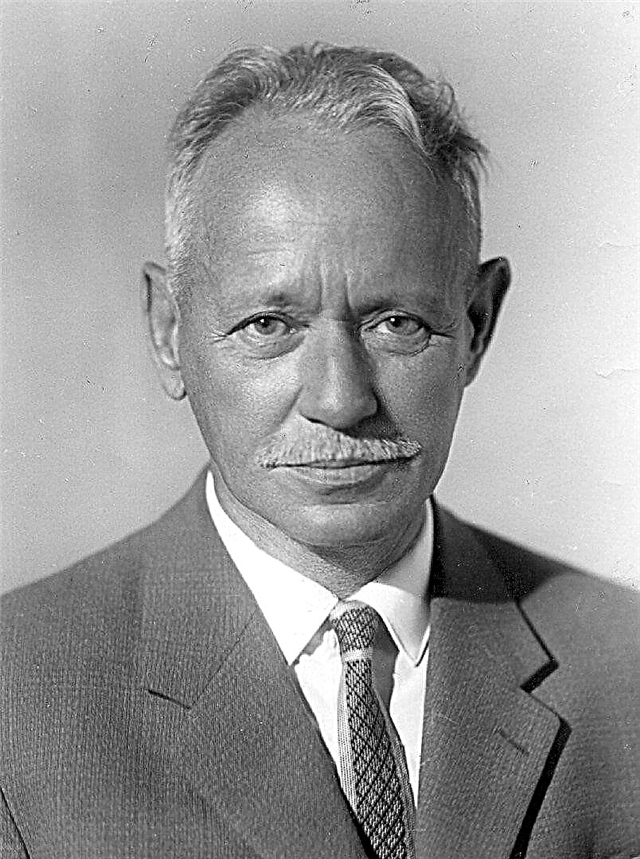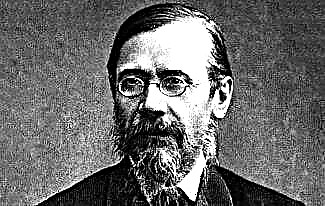What is dementia? This word can often be heard in conversation with people or on television. However, for many, its meaning remains unclear or not fully understood.
In this article, we will tell you what dementia means and how it can manifest itself.

What does dementia mean
Translated from the Latin language, the word "dementia" means - "madness." Dementia is acquired dementia, which manifests itself in a decrease in cognitive activity with a loss of acquired knowledge and practical skills to varying degrees.
As a rule, dementia occurs most often in old age. People like this dementia are called senile marasmus. People suffering from this disease are practically unable to assimilate any new information or skills.
An interesting fact is that about 7.7 million new cases of dementia are officially registered every year. It should be noted that this process is irreversible as of today.
Dementia symptoms in the elderly
The early stage of dementia is characterized by such signs as disorientation in time and familiar terrain, as well as forgetfulness of one or another information.
People who are in the middle stage of dementia may forget their place of residence (house, apartment), as well as not remember the names of close relatives or familiar addresses. They often ask the same questions, because they do not remember that they have already asked about it. People who are sick may find it difficult to formulate even simple thoughts.
The late stage is expressed by the patient's passivity and dependence on the close environment: he does not remember where he is, does not recognize friends and relatives, at times becomes aggressive or kind, falls into childhood, etc.
Types of dementia
There are several types of dementia, with the following being the most common:
- Vascular dementia. The disease develops against the background of a violation of the structure of the walls of blood vessels and the blood supply to the brain. In addition, hypertension, diabetes, atherosclerosis, rheumatic diseases, etc. can lead to this type of disease. A person with vascular dementia is absent-minded, tired quickly, passive and slow.
- Senile dementia. The patient develops memory problems, as a result of which he forgets recent events, and then his past. People are constantly dissatisfied with something, annoyed, and also confident that everyone is opposed to them. Later, they stop caring for themselves, become passive, and in some cases they may lose the ability to eat food.
- Alcoholic dementia. This type of dementia arises from prolonged alcohol abuse. As a result, brain cells are destroyed, which are difficult to recover even after a complete rejection of alcohol. The patient's thinking, memory, attention are disturbed, along with a decrease in mental abilities. A person becomes prone to all sorts of conflicts.









